There is
///<summary>
///This is summary for some class or method
///</summary>
documentation for classes or methods. But how to write this for simple variables or lists?
I use Visual Studio 2010 and when i hover over some list, property or what ever i would like to see some kind of summary (in that little tooltip) i have written to that specific thing.
///<doc>
///always use this list!
List<String> beer = new List<String>();
edit: ok, we have found out, that it works as usual as long u comment in your class but OUTSIDE a method or a function!!
Any way to document/comment within a method too?
public class BeerForall
{
/// <summary>
/// it works here
/// </summary>
public List<String> beer = new List<string>();
public String giveBeer()
{
/// is not working, u can not comment
/// <summary>
/// test test, not working
/// </summary>
List<String> moreBeer = new List<string>();
return "beer";
}
}
